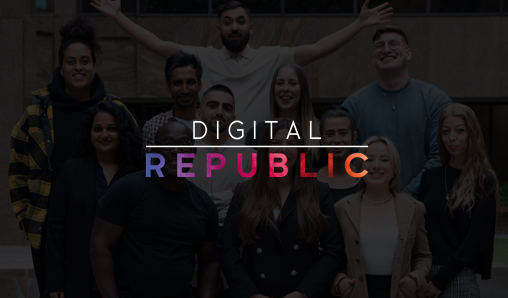
Should Brands In-house Programmatic?

The increasing maturity of the programmatic market has been a significant digital growth driver across the world. Nowhere is this truer than in Asia-Pacific. With global digital spend reaching half of advertising spend for the first time in 2019, and with programmatic estimated to take a 36% share of APAC’s digital spend by 2020, programmatic is now central to the planning and execution of the marketing mix across the region.
Given the vast opportunities to deliver personalized messages to consumers, in real-time and at scale, the rise of programmatic is no surprise. However, it has also surfaced key concerns for marketers – amongst these a lack of perceived measurable value, media quality concerns, brand safety, viewability, and ad fraud – leading advertisers to become anxious about where their ads are being placed.
Whilst historically, programmatic buys media buys have been handled almost exclusively by media agencies, more advertisers are looking at moving this service in-house. 60% of marketers in APAC already have dedicated in-house programmatic talent and increased pressures on cost, a need for greater transparency and a desire to have more control over data are all driving this trend.
Whilst this can mean a loss for agencies, successful cases demonstrate how in-housing opens the door to take advertiser-agency partnerships to the next level.
So, the question remains: should brands in-house or not?
To in-house or not?
The first thing to understand is the complexity of in-housing. A complete in-house solution takes an estimated 12-18 months to set up. It involves change management and problem-solving and requires a centralized data infrastructure, connected ad tech setup, and the right expertise in place. Sustaining the process puts a high level of pressure on a company’s internal structure – so much so that, according to the IAB, 13% of the brands surveyed pulled out of in-housing initiatives after testing.
A second consideration is sourcing the right expertise. Whether it’s hiring external talent, or collaborating with agencies to upskill existing employees, acquiring and retaining the right programmatic talent is a real challenge. This can be particularly difficult for marketers, as specialists find themselves operating in silos, which impedes cross-collaboration and knowledge sharing with a wider community.
Speaking about her experience of in-housing, Jenny Chan, senior director of brand and acquisition marketing at Cars.com, remarked that agencies are “offering things like training internal staff to use programmatic platforms or helping businesses go through the in-housing process as the initial setup.” It is clear, then, that brands considering in-housing should leverage their partnerships with agencies and tech companies to reach powerful solutions.
Working with ad tech companies such as Google, Oracle, Adobe and others, they can build the most connected technology ecosystem, based on their business IT infrastructure. This guarantees a centralized contract, standardized data infrastructure, scalability across multiple markets and a specialized account servicing team.
Meanwhile, agencies should evolve to take client partnerships to the highest level – not only offering strategic and technical expertise but going beyond this to help clients manage change and transform their organizations.
Hybrid partnerships
In a rapidly changing landscape where advertisers are seeking more control, the idea of ‘agency owned and operated’ versus ‘client owned and operated’ is long outdated. Hybrid operating models offer the opportunity for advertisers and agencies to be more agile and adopt a test and learn approach to arrive at the best custom solutions.
The first condition of any solution should be to place the client needs at the core. An in-housing requirement will be based on individual circumstances including organizational structure, the state of transformation, and local or centralized budget allocation. It is precisely these questions that marketers should be addressing, in partnership with agencies and tech companies who should take a proactive approach towards helping clients meet their needs – from assessing the pros and cons of tech ownership, to building expert teams and putting in place clear processes for success.
Programmatic goes far beyond execution: it is a strategic journey built on partnership and transformation.
From partnerships to growth
In order to collaborate and grow successfully in the ever-changing programmatic environment, three principles are key to success:
1. Prioritize governance and transparency
For marketers seeking certainty around the value, they get in return for their media investment, transparency is key. Frank conversations enable agencies and clients to get the most out of their partnership.
2. Adopt a strategy-first approach
Agencies should identify the biggest growth opportunities for clients and utilize the strength of programmatic data and technology accordingly.
3. Transform programmatic activities over time
We must all push ourselves to constantly upskill and keep adopting new programmatic approaches. That’s how we create the most valuable partnerships where agency and client transform together on the programmatic journey.
This article was originally posted by Rose Huskey who is the chief executive of South East Asia at Wavemaker and is a member of IAB SEA+India’s regional board.
If you found this blog interesting, you might want to read this post too.
Follow us on our LinkedIn and Twitter to stay up to date with the latest news in the digital data-driven ecosystem
Digital analytics, optimisation, data science or programmatic expert, and looking for a job?
Check out our latest live vacancies here
Digital agency looking to expand your team with top-tier talent?
Send us your jobs here
Get in contact with us!


